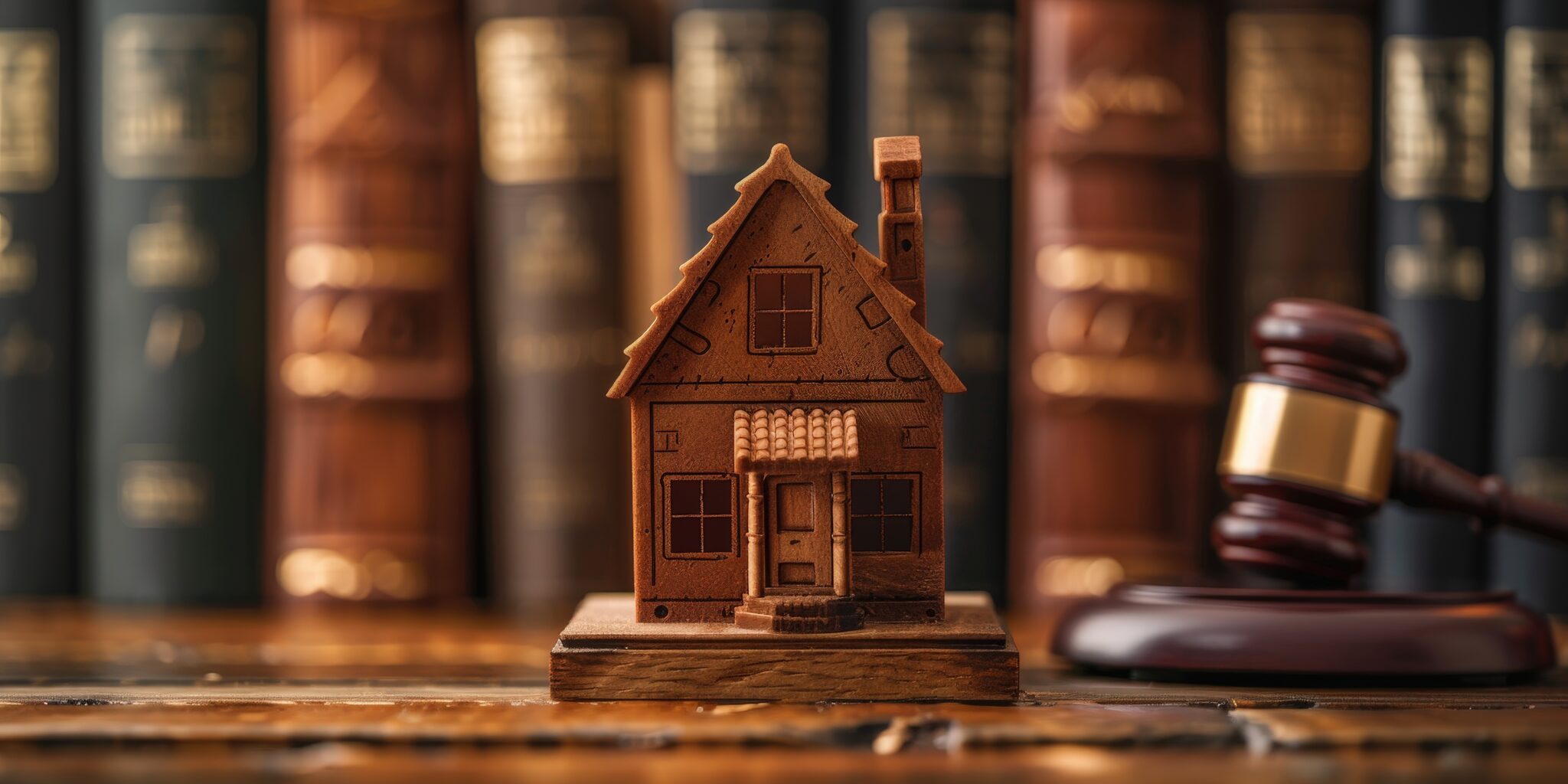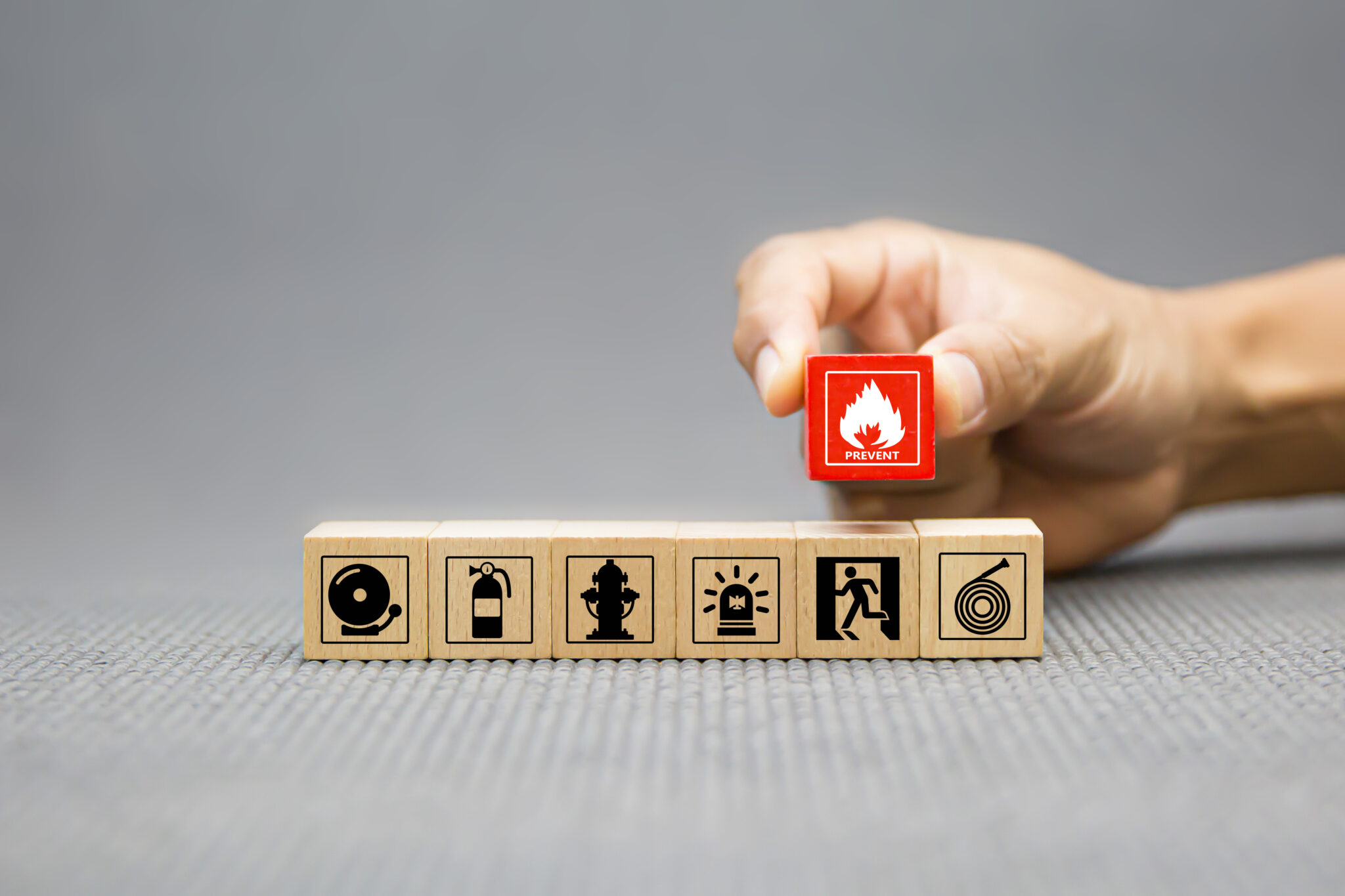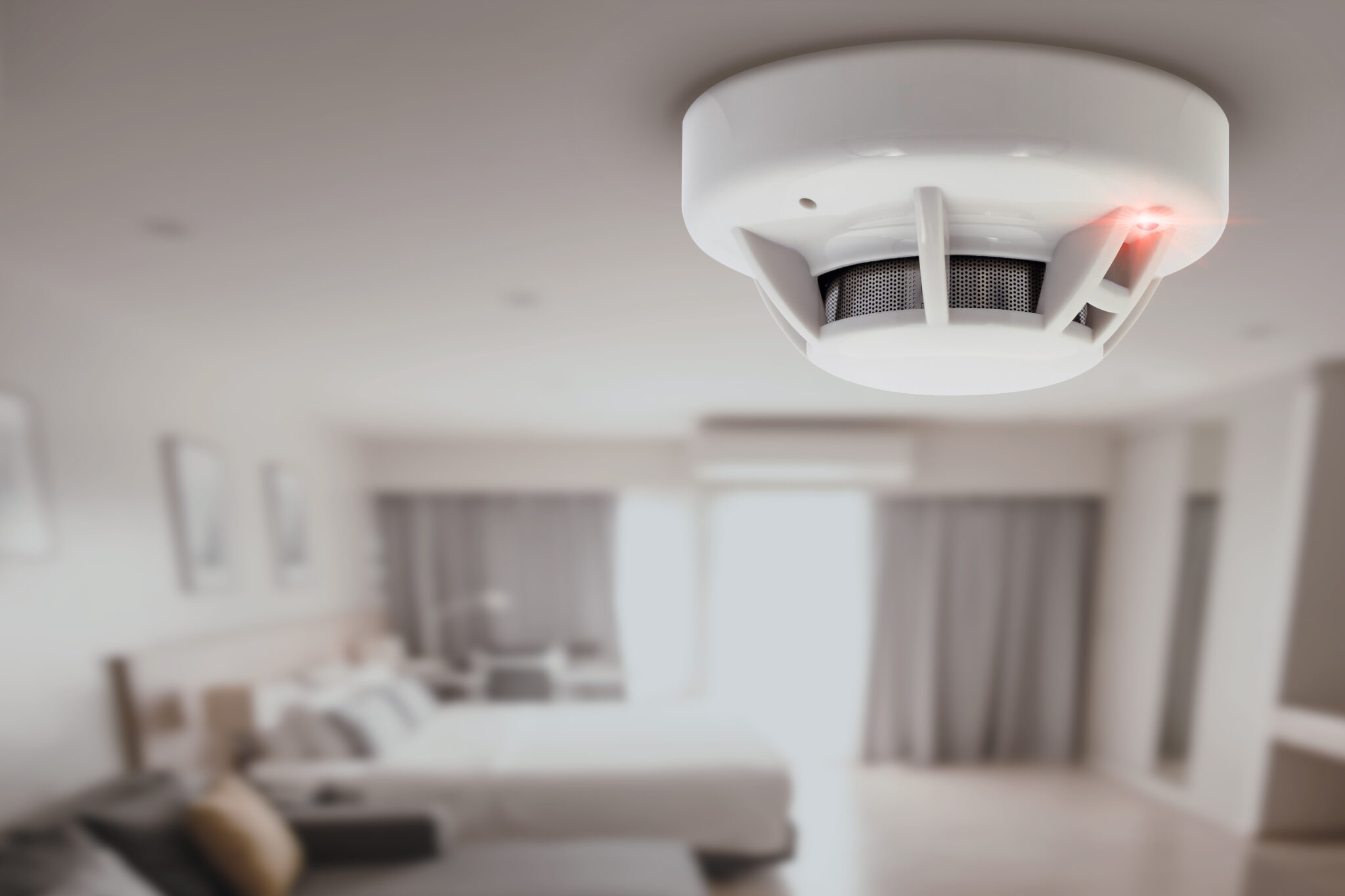
How to Weatherproof Your Home in South Africa
Discover six easy things you can do today to weatherproof your home and protect yourself from unwanted damage and insurance complications.
What is Weatherproofing?
Weatherproofing is taking steps to protect your home or building from the negative effects that weather can have on it. It can be useful to reduce energy usage or to make your home more energy efficient, and it can protect you from future damage that is preventable.

Why Weatherproof Your South African Home?
- Insurers may not pay out claims if damage has not been caused by a sudden unexpected event. You will need to keep damage at bay that could be prevented by weatherproofing your home as far as possible.
- Energy waste occurs in homes that aren’t properly insulated. Energy savers will enjoy the fruit of a home that has been weatherproofed and insulated properly.
- South Africa’s weather is most often temperate, but summer storms, wind, and hail, can cause damage. That is why weatherproofing should be done bi-annually or, at the least, yearly.
6 Easy Weatherproofing Steps You Can Take Today
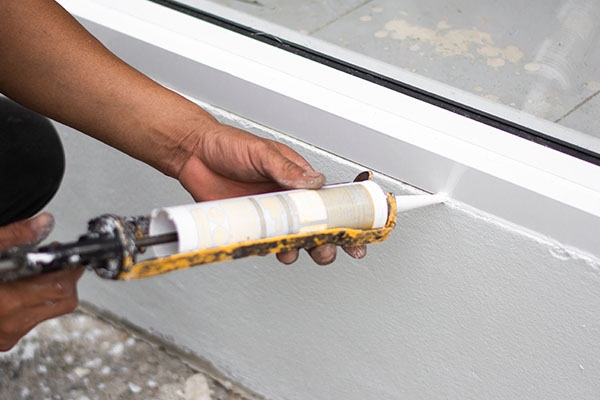
1. Address Gaps and Cracks Where Moisture Can Get In.
Your windows and doors can have gaps that will allow wind and rain to get into your house. But there are other small gaps and cracks to look for when weatherproofing your home. You can inspect pipes, foundation seals, walls, and vents, along with draughty doors, garage doors, and even ceilings.
How can you tell if it will allow weather inside? Simple. If you can rattle a window or door, or if daylight is showing around it, there is likely a gap that needs to be addressed. To address them, you can use agents such as building sealant and a caulking gun.
2. Sealing for Temperature Control.
When sealing leaks for the sake of temperature control, you can use this tip to ensure you’ve caught all the leaks where cold air can get in or escape. Close all your doors and windows, then light a stick of incense or a candle. As you pass the incense stick around the edges of fixtures, the flame may flicker when there is air movement, or the incense smoke will be pulled towards or away from the spot.
This indicates a draught that can ruin your plans for a summer cooled by aircon or a warm, insulated winter indoors. To fill narrower gaps, we suggest wood filler, and caulk or sealant works best for wider gaps. For really large spaces, you can use filler foam that expands rapidly, but be sure to follow instructions carefully and trim any excess where needed.
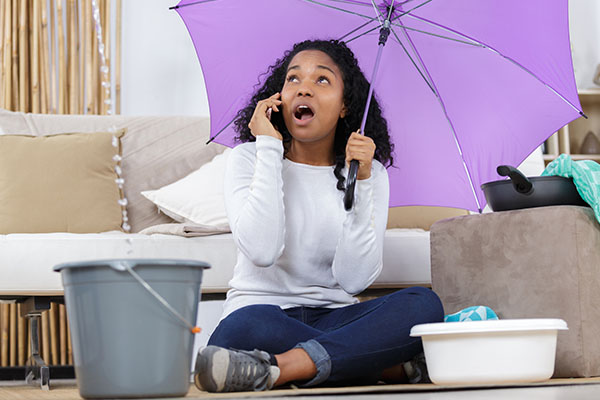
3. Weatherproof Your Roof.
Leaky roofs can damage ceilings and can even cause damage to walls, fixtures, and floors. But weatherproofing your roof is about more than just fixing cracked roof tiles. Still, that is where you should start if you have not addressed the condition of the exterior of your roof.
Here are a few steps to take to ensure your roof is in good condition. First, make sure there aren’t spaces on your roof where water can gather and lie. Second, clean out your gutters regularly. Third, use sealing products to seal cracked tiles and gaps or replace damaged tiles before the rainy season. Lastly, ensure roof tiles or panels are secure and in the best condition possible before the storm season.

4. Roof Insulation in South Africa.
You can insulate your roof to improve your home’s temperature, making it cooler in summer and warmer in winter! It is also great for energy saving. The easiest insulation method applied by homeowners in South Africa is laying down a thick layer of insulating blanket or think-pink material.
It is a fibrous material that should be handled with gloves and while wearing a mask, because the small fibres can be harmful to you. Start in the corner of the roof and roll the material towards the centre, while keeping it at least 10cm away from lighting fixtures. The material itself won’t catch fire, but your wooden rafters could.
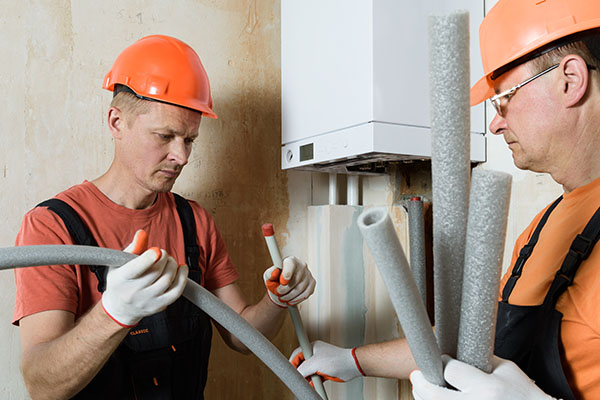
5. Weatherproof Your Pipes.
South Africa isn’t prone to the kind of weather that freezes pipes over yearly. So many homeowners forget to address pipe insulation. But it could give you many benefits, such as lowering energy consumption by helping you lose less heat as the water travels from the geyser to the tap.
If you have a geyser that is kept outdoors, you may get problems with it as well if it isn’t protected from the weather. Geyser insulation would be worth looking into in this case. You can use thermaflex piping to keep your pipes insulated. It is easy to wrap around the pipes but ensure no part of the pipe remains exposed to the air before you secure it.
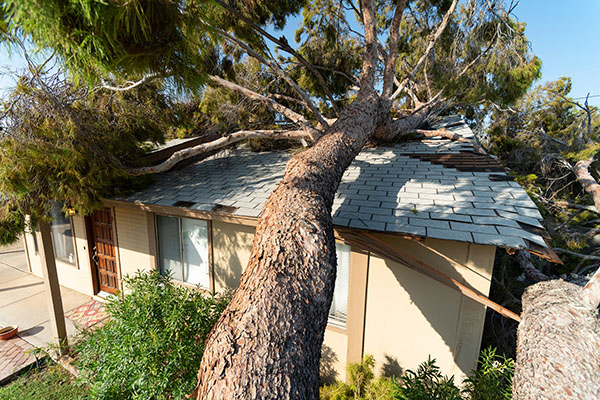
6. Trim Trees and Falling Hazards.
Yes, those ancient trees in your yard may look beautiful, but if lightning strikes and kills the tree, it could fall onto your roof and cause a lot of damage. They can also damage electric fencing and communication lines. Professionals can trim large limbs from trees where necessary and can also advise you about the fall angle of trees and which ones may be risks for your property.
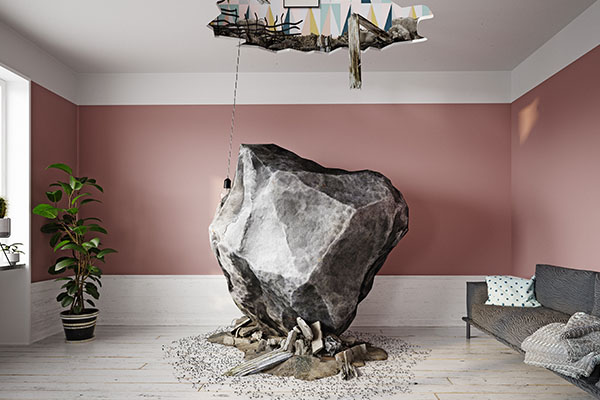
7. Planning for the Unforeseeable.
Finally, the best preparation you can have for your home to protect it from unpredictable weather is home insurance. Why? Because sometimes weather gets wild and unforeseen damage occurs that can cost a lot, even when we have done everything possible to protect and weatherproof our home.
It is important to maintain your home regularly to avoid bad water damage or other damage that insurance won’t cover. Most insurers require homeowners to maintain the home. If damage is caused because of a specific weather event, it is most often covered. To be sure, you can check the wording in your policy documents.
Need home insurance? We can help. Just fill in the form on this page, and our high-tech system will match you with the best trusted South African insurer for your needs. Then they will call you with an obligation-free offer.
Insurance.co.za Content Team
We’re a specialist team of insurance and finance copywriters and content producers. The Insurance.co.za Content Team is a flexible and dynamic team. Hence we publish our content under the Insurance.co.za brand name rather than our personal names.
Other posts
